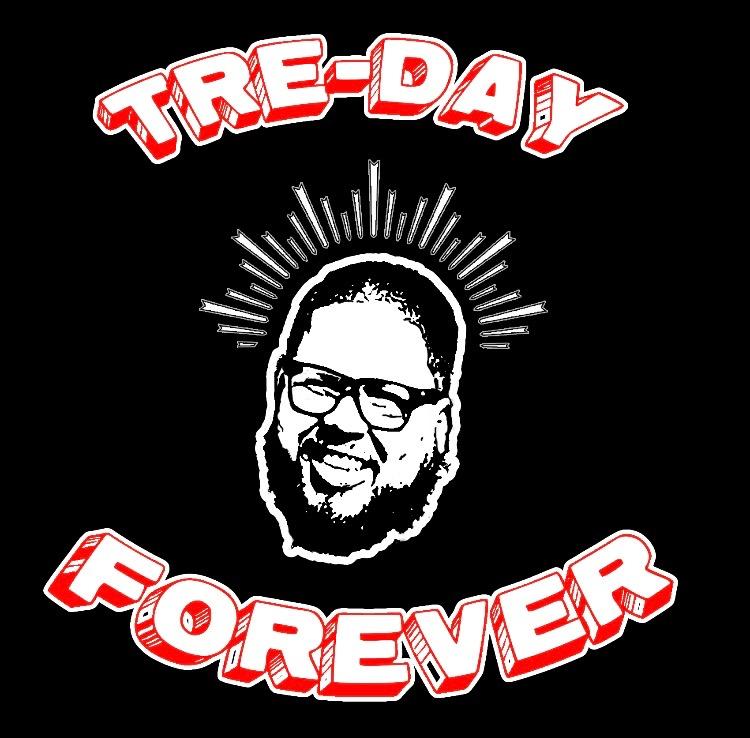We want to surround a loved one with love, get rid of any difficulties. Isn’t that a natural desire? But sometimes care imperceptibly becomes a hyper -beam, and from an independent person a partner turns into a helpless child. Why is this happening?
How is the care of hyperopeca? Showing care, we offer a person help, leaving him the right to refuse. We see in it a self -sufficient adult, trust his choice and the ability to take care. Hyperopeca means the desire to protect a person from any obstacles and difficulties, attempts to impose a supermotage to him.
Surely you know couples in which women complain that husbands behave like children. Some accept the situation and joke: “Just in addition to two children, I have a third – husband”. Indeed, they say, how not to trace, if without me he will certainly forget to put on a hat or late for an important meeting. This state of affairs confuses others: after all, once they began to meet with a confident man who solved their problems.
Even if what is happening does not suit, it is not always easy to change the prevailing scenario of relations. We do not notice how we continue to act as before on autopilot as before. Or we notice and then get angry, scold the partner, and at the same time ourselves. How to explain this paradox? What can the desire to patronize?
1.I see in a partner weak and helpless
A newborn child will not survive without a mother or another adult who replaces her. Therefore, parents create conditions around him in which he will not need anything. As they grow older, a person learns to serve himself. Does this mean that he no longer needs the care of loving people? No, but he does not need the guardianship that he received in infancy.
However, sometimes we begin to see helpless children in completely capable people. It seems to us that without
https://movie9151.com/2023/07/06/pin-up-onlajn-obzor-2023-i-bonusy-demo-bystryj/
us a person will fall into trouble or ashes to ask for help. At this moment, we decide for him that he is better, for some reason, believing that he himself will not cope with this task.
Why are we doing this? The reasons can be different. For example, deep down, we ourselves want to be helpless, I want someone to “impose” help, which we do not know how to ask.
2.Hyperopeca is the usual way to express love
You can talk about your feelings in different ways-for example, offering help. If we want to patronize, perhaps in this form we received love in childhood. After all, it is in contact with the mother that the child learns the basic skills of building relationships and, growing up, applies them to communicate with a partner. Remember how parents treated you. As you understood that they love you?
